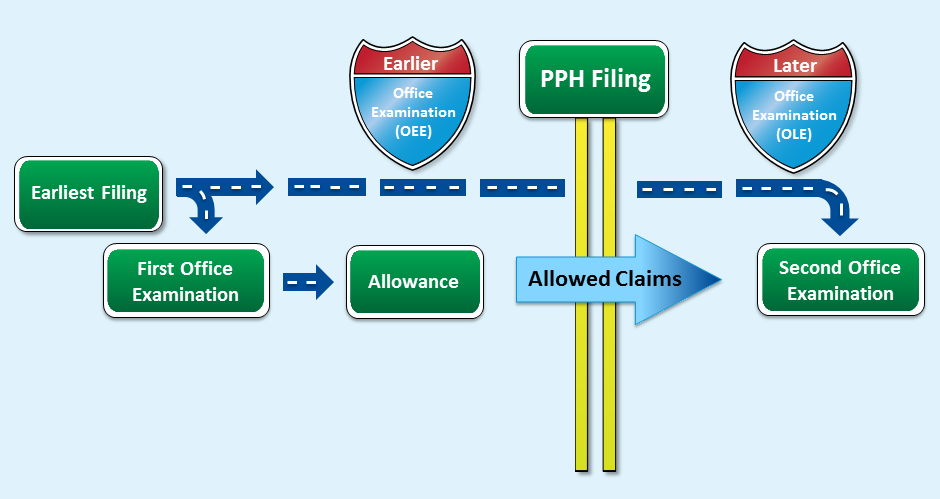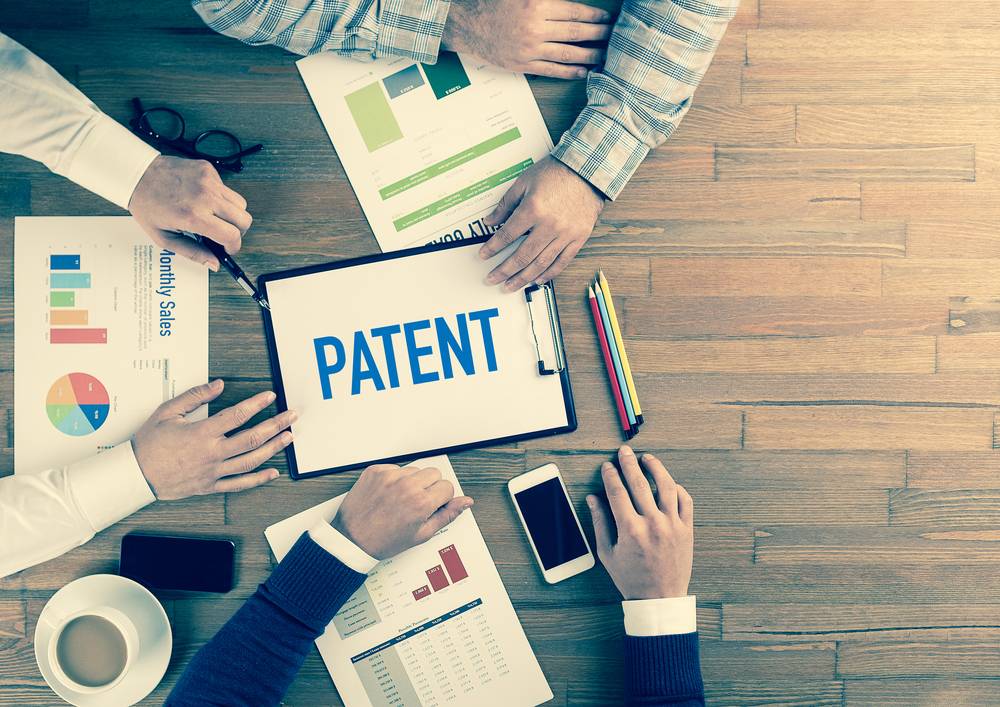Patent Registration in T.Nagar, Chennai

Patent Registration is a form of intellectual property that gives its owner legal right to exclude others from making, using, selling and importing an invention for limited period of years.Similarly the person who first applies for a patent is about to get the patent. Unfortunately if the inventor who applies subsequently cannot obtain patent as against the first one.
It was introduced by Patents act 1911.It is the monopoly right given over an invention. Present patent act 1970 came into force 1972.Again the patent Act 2005 came into 1st January 2005.
The Patent registration in Chennai enables the following steps to follow for patent filing.
Thumb rule in Patent Registration:

Do not disclose your invention in public domain before filing a patent application because of filing which the innovation loses its novelty.
Step1: Patent Registration in Chennai enables you to Check if your invention is patentable
Before you begin patent registration in Chennai, again you have to check if your invention is patentable. That means you need to check if another individual has filed a patent for a similar technology besides your filing.
Step 2: Invention Registration in Chennai enables Draft the patent application
You need to pay special attention when you are drafting your patent application. It should include clauses such as usability and outcome of invention in detail. Likewise, Include clauses to give intention to patent your invention.
Step3: Patent registration in Chennai enables Filing the patent application
When you do patent registration in Chennai several forms to be submitted.
Form 1-Application for patent grant
Form 2- Specification form (provision or complete)
Form3-Undertaking and statements with regards to foreign application under section 8.
Form 5-Normally Declaration of invention to be filed with complete application
Form 26-Form authorizing patent agent
Form28-This is mandatory if applicant is claiming small entity or startup.
Priority documents-This should be done if some other claims for the patent.
Step4: Patent registration in Chennai enables to Publish patent application
As you have submitted the application those documents will be saved in corresponding Office. Of course the patent is then published in official patent journal. It will be published after 18 months and also If you have to publish it before 18 months you may use Form9.
When you use Form 9 the patent can be published by Patent registration in Chennai in 1 month after accepting request.
Step5: Patent registration in Chennai enables the examining the patent application
The Patent registration in Chennai does the work of examining the patent application.
*When application lands on examiner’s desk, it is scrutinized according to patent act.
*FER First examination report in which grounds for objections, if any are also tested.
*Examiner lists objections in detail. It can be extended to 6-9 months.
*If the inventor needs to make some changes he can file request of time by submitting Form4.
Step6: Patent registration in Chennai enables Decision to grant patent
Basically, Patent registration in Chennai says if examiner has no objections then patent is granted. The patent is published in official patent gazette.
Patent registration in Chennai allows Renewing patent:

Moreover, Patent can also be renewed with annual renewal fee. It lasts for a period of 20 years.
Correspondingly, All the above said can be done by Patent registration in T.Nagar Chennai.
The patent gives you right to stop others from copying the so called confidential stuff of your invention.
You can use the invention for yourself.
Patent Registration should educate the following to the inventor:
The patent registration leads to make certain technical terms public.
The cost of patent registration in Chennai may cost high. And it is time consuming and lengthy process.
You should remember to pay the annual renewal fee. Or else patent will lapse.
If you find that patent is infringed you need to spend amount to take legal action.
Patent Infringement
Patent infringement happens when a third party uses , sells or manufacturers without the permission of the owner.
When such infringement happens prohibited activity has to happen;
*While the patent is valid and
*Within the country where patent is in force.
*Legal action can be taken on the infringer by sending cease-and –desist letter.
*Negotiating licensing agreement.
This can be solved amicably out of court. If not you can resolve through civil law litigation.
Patent attorney
It is specialized type of lawyer monitored by own regulator. The duties of patent attorney are to advice the client and educate the law applicable to intellectual property.
Types of Patent
Utility, Design and plant.
Utility patent:
It is also called as “Patent of invension”.It covers the new product, machines.
Design patent
The name itself describes that the patent is for the designing of the product. Additionally one can’t use the product’s design without the consent of the inventor.
The design is the unique style of the product in which the inventor has shown his creativity that could captivate the people. So it must be patented.
It has the validity for up to 14 years.
Plant patent:
Without germinating seeds you may grow plant. They are called tuber propagated plants. It can also be patented.
Similarly Seeds can also be patented. If both plants and seeds are created by one person and again they are created by one single person then it can be given.
The Patent registration in Chennai also helps you to do so.
What all you cannot patent

There are certain things cannot be patented .For example;
*As a matter of fact you cannot patent a species of mouse that is moving in laboratory.
*Likewise you cannot patent species of bacteria with beneficial property if that combination occurs somewhere in nature.
Only if both above mentioned were genetically altered then they can be patented.
When can an invention be patented
- If the invention is
- *Eligible
- *New
- *Credible
- *Useful in any capacity
- *Described clearly enough to be understood and recreated.
In wider sense public disclosure in technical knowledge in the patent, exclusive right granted by the patent allows competitors to search for alternative solutions to find something new around first invention. Similarly such innovative thinking will give way to find new things to be patented.
